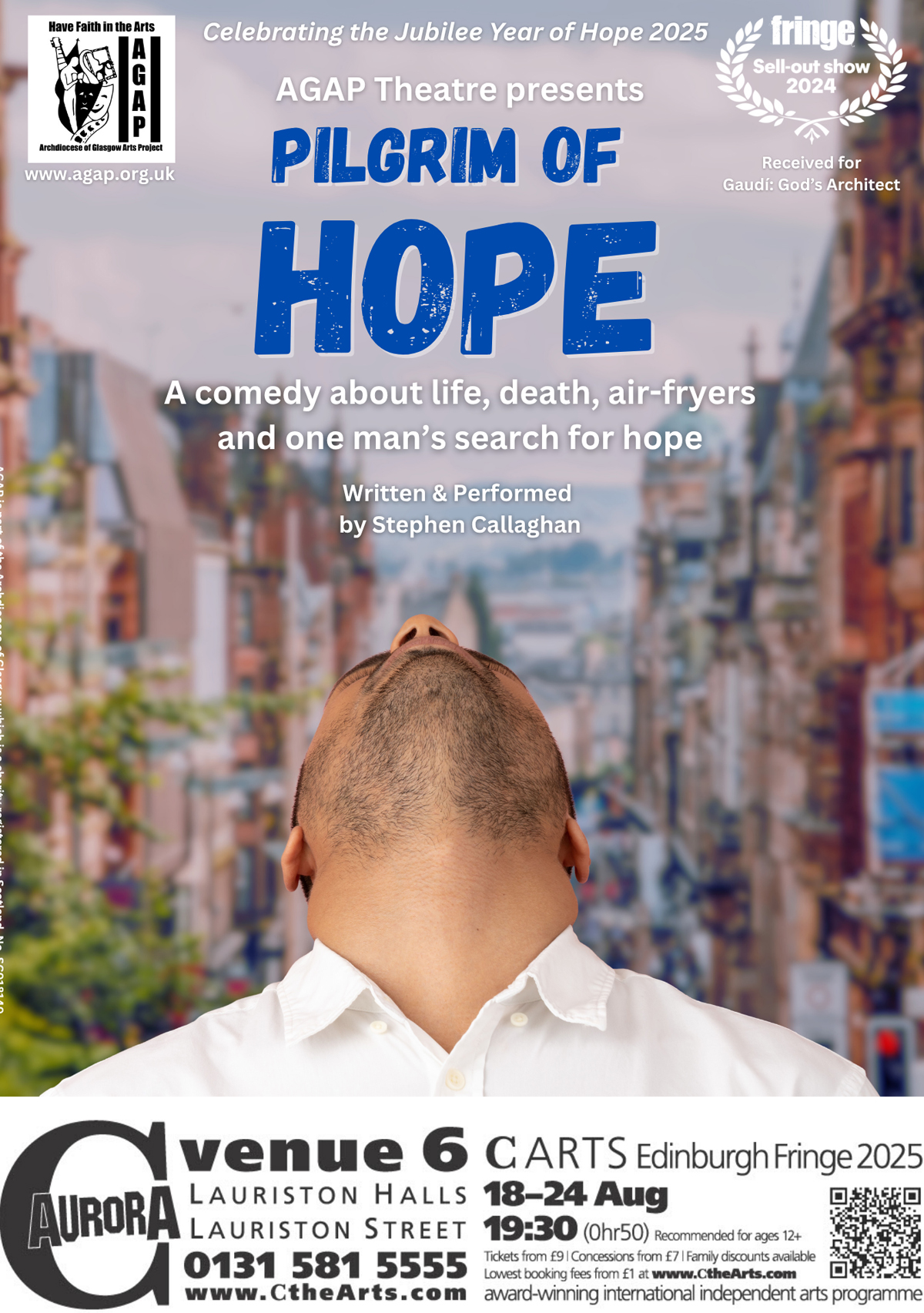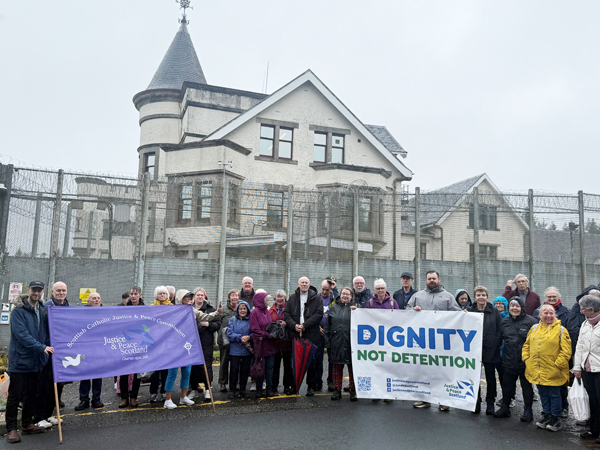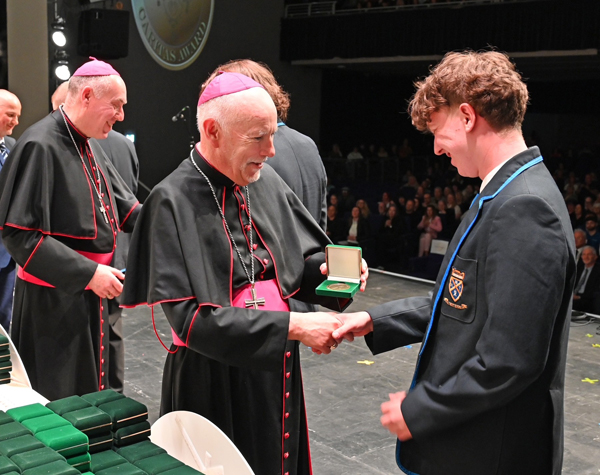
Official Journal of the Archdiocese of Glasgow
July 2025


Official Journal of the Archdiocese of Glasgow
July 2025

refugees

The plight of desperate asylum seekers being held in a former castle in the remote countryside of Lanarkshire was highlighted last month.
Read more…
nuncio

The Pope’s representative to Great Britain was given a traditional Glasgow welcome as he paid his first visit to the Archdiocese since being appointed.
Read more…
caritas awards

It’s just before one o clock on a sunlit afternoon on the banks of the Clyde and apart from a smattering of stewards lining up outside the Armadillo it seems a day like any other. Nothing to see here…
Read more…